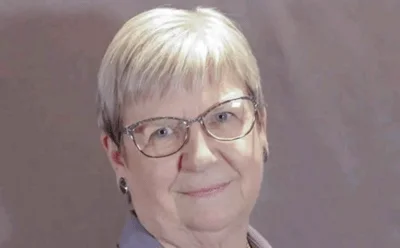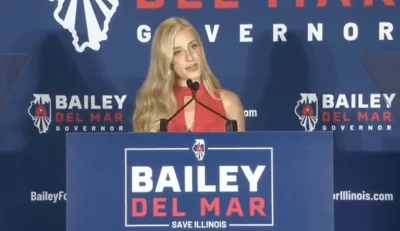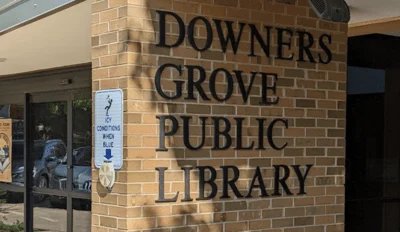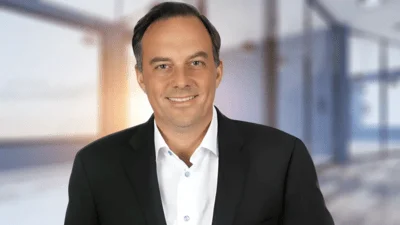State Rep. Deanne Mazzochi (R-Westmont) wants to put a stop to red-light cameras.
“For years, Democratic legislators have told the public that they favor red-light camera reform, but in private, they work behind the scenes to kill reform legislation because their local governments are addicted to the revenue,” Mazzochi, who has proposed several bills to remove the red light cameras in Illinois, said in a post to Facebook.
Chicago Coalition for Change agrees with Mazzochi. Members of the volunteer organization say that the influx of red-light cameras across Chicago equate to a money grab for the city to close its billion dollar deficit. The group is calling on residents to join its quest to abolish red-light cameras.
The group takes credit for the removal of more than 80 red-light cameras across the city.
“Red-light cameras, photo enforcement have little to no impact on safety and so what they’ve done is, they’ve created a solution for a problem that doesn’t exist,” Chicago Coalition for Change member Mark Wallace told Yahoo News.
Activists are also speaking out against speed cameras. Chicago Mayor Lori Lightfoot announced that the speeding violation threshold would be lowered to decrease fatal motor vehicle crashes, which increased by a staggering 77% in 2020. Fines now range from $35 for motorists going six to 10 mph over the speed limit to $100 for those exceeding the limit by 11 mph or more.
According to a Chicago Coalition for Change spokesperson, speed cameras have not been approved by the city council and the vast majority of them have been situated in areas with higher minority populations.
The city has 162 speed cameras, and since being implemented in March of this year they have brought in more than $11 million in revenue.
Chicago Ald. Anthony Beale argues there is no evidence that speed cameras work in reducing deadly crashes across the city.
“But what we do know is that the city’s speed cameras function as a cash cow,” he said in a statement. “People are hurting right now. “We’re in a crisis. We’re in a pandemic. Now we’re just going to basically just compound the problems that people are already having.”
Chicago Coalition For Change members say Lightfoot took on a completely different tone during her first State of the City address in 2019, when she lashed out against the city’s “addiction to regressive fines and fees system,” and promised to reduce burdens on low-income drivers.
City officials insist their goal is not to issue tickets, but rather to encourage safer driving behavior.





 Alerts Sign-up
Alerts Sign-up